

In the digital age, social media platforms have become an integral part of our lives, revolutionizing how we communicate, share information, and form relationships. This year,...
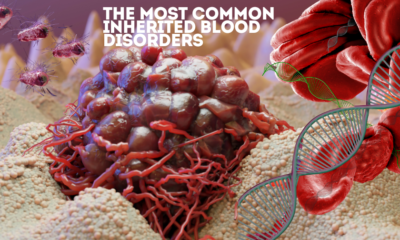

Sickle Cell Disease (SCD) is one of the most common inherited blood disorders, affecting millions worldwide, particularly individuals of African, Hispanic, South Asian, and Middle Eastern...
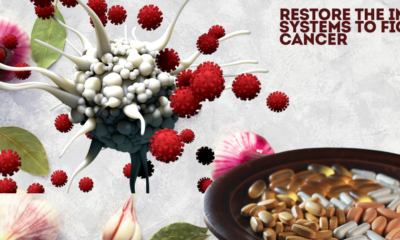

Immunotherapy revolutionizes cancer treatment by harnessing the body’s immune system to recognize, attack, and eliminate cancer cells. This transformative approach has shown immense promise, offering new...


Health literacy is a vital component of public health, personal well-being, and community development, as it directly affects individuals’ ability to make informed decisions about their...
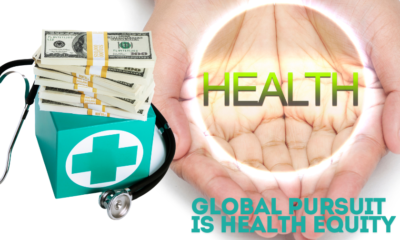

Health equity is a central objective in the ongoing global pursuit of improving healthcare outcomes and ensuring fair access to services. It refers to the attainment...
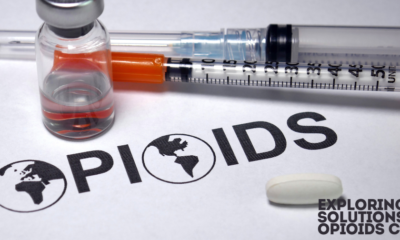

The opioid epidemic has evolved into one of the most severe public health crises in modern American history, impacting millions of lives and placing immense strain...
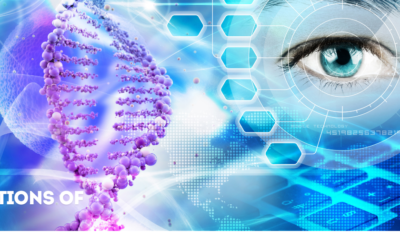

Genetic disorders represent a complex intersection of biology, medicine, and personal experience. They arise from mutations or alterations in an individual’s DNA, which can manifest in...


Vaccination has long been recognized as one of the most effective public health interventions in preventing infectious diseases. The global vaccination campaigns have evolved significantly, especially...


Mental health, an integral component of overall well-being, encompasses the emotional, psychological, and social dimensions of our lives. It influences how we think, feel, and behave,...


Eating disorders, often misunderstood as mere lifestyle choices, are complex mental health conditions that affect millions of people globally. Their impact extends beyond the visible signs...